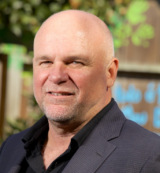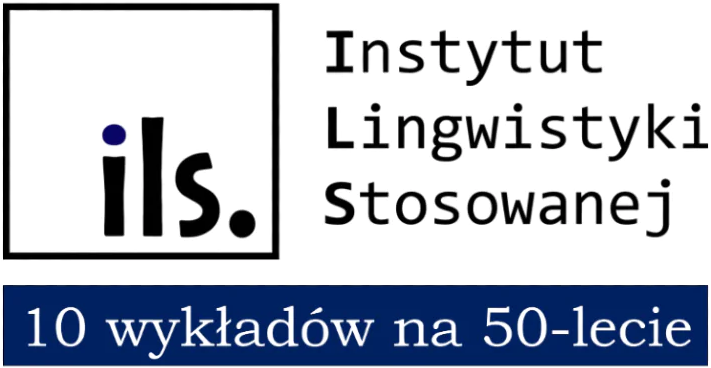Talk 2

Professor Anthony Pym
School of Languages and Linguistics
The University of Melbourne
More information
Rebranding translation
Translation studies has enjoyed spectacular success over recent decades, spreading out from Europe and diversifying in the process. Thanks in part to a spate of handbooks, it is now possible to take stock of a few long-term trends. In particular, one notes a tendency to ever-broader concepts of translation, a felt need for social and political engagement, a correspondingly diminishing attention to languages, a corresponding lack of attention to linguistics, sporadic attempts to reconcile human and machine translation, and a growing separation of theoretical from empirical approaches.
Languages still exist, however; the need to communicate across languages is growing; and most of the traditional models of translation are no longer up to the task. This has been very evident in the translation of pandemic-related information in Melbourne, a city where more than 250 languages are spoken. In working on the problems of that kind of communication, I have come to see that the very basic models of print-culture Western translation no longer suffice. We do not work between languages in separate countries – we work in multilingually superdiverse cities. We do not work on natural language only – we communicate in the spoken word and in audiovisual media. We do not work in academic opposition to language learning – translation is at work in all adult language learning. We are not looking back to reproduce a past message – we are tasked with achieving effects in the future. And we are not pitting human translation against machine translation – we must all find ways to benefit from growing automation. Underlying all these aspects, we can no longer work to defend a narrow profession – we must instead help and improve translation as a very widespread creative social activity.
